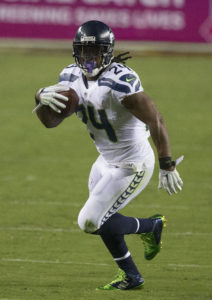SL contests: A sampling
https://sportliterate.org/wp-content/themes/osmosis/images/empty/thumbnail.jpg 150 150 bjj-sportliterate bjj-sportliterate https://secure.gravatar.com/avatar/592f60292ffae558017e7047d039bebe88be7eca3a999965f3a7f0501ad82d49?s=96&d=mm&r=gSL contest history

Over nearly 30 years in print, we have held a number of essay and poetry contests. On the essay front, more often than not, we pick an SL veteran, sometimes even a previous contest winner, to serve as a guest judge, picking his or her favorite from a short list of anonymous finalists.
We do not have a contest in the works for 2023. In 2022, Virginia Ottley Craighill was the guest judge on a “social justice contest.” Frank Van Zant, our longtime poetry editor, crowned the champion poet. Our two winners: Flavian Mark Lupinetti, for his poem “Wrestling Lake Burn,” and Sydney Lea, for his essay “The Cardinal, the Cops, and the Say-Hey Kid.” Lea’s essay, by the way, earned a notable nod in The Best American Essays 2023.
Some recent contest winners include the following.
- Hal Ackerman, “Concrete Charlie and the Golden Boy” (a “sport short”)
- Dave Fromm, “Tool Town Left to Its Own Devices“
- Matt Hohner, “Mob Hit at the Ark Ramp“




